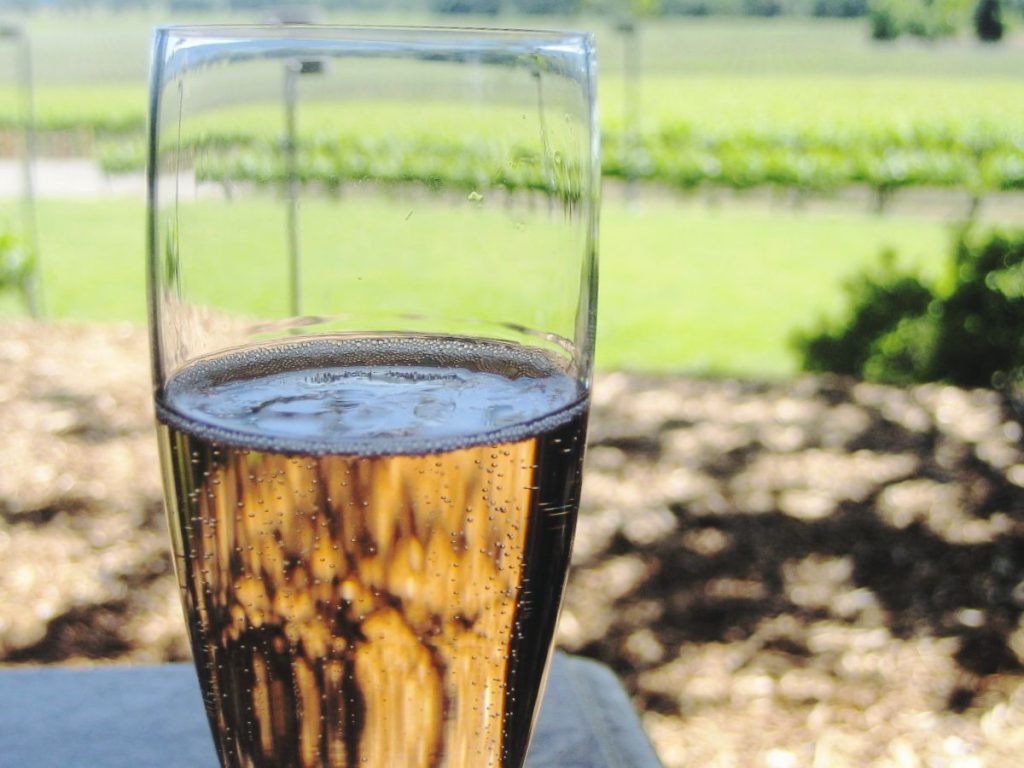In mid-January, I’ll be making my first trip to the Colorado Association of Viticulture and Enology, CAVE, association’s annual VinCO conference held in Grand Junction, Colorado. With a focus on enology and viticulture education, VinCO is one of two large events hosted by CAVE. There is a great line up of topics covered at the 2018 VinCO conference, covering topics such as
- social media marketing,
- small winery business review,
- wine flaw evaluations,
- review of pruning techniques,
- orchard operations for fruits (other than grapes),
- addressing stuck fermentation,
- and more!
This year, I’m pleased to talk on several topics that pertain to issues associated with regional producers:
- Practical Solutions for Improved Winery Sanitation
- Sparkling Wine Defined: The Chemistry of a Base Wine and Product Differentiation
- Breaking Down Hard Cider Production Nuances
If you are heading to the 2018 VinCo conference, please come and visit my presentations! I’m looking forward to meeting CO wine industry members and will be available for some Q&A on wine production.
Practical Solutions for Improved Winery Sanitation
Cleaning and sanitation concepts are everyday applications associated with the winemaking process to make the best quality wine. While wine is a product that avoids many pathogenic food safety risks, spoilage continues to be an issue for many processors.
Here, I’ll discuss the unique wine microflora associated with production and how cleaning and sanitation steps are designed for a unique set of microorganisms. I will provide definitions and examples of “cleaning” and “sanitizing” and how these practices fundamentally differ from sterilization.
We’ll review practical steps in production where an extra 15-minutes of attention to sanitation can go a long way in the winery. To address current regulatory concerns, I’ll introduce sanitation standard operating procedures (SSOPs), how to implement them in winery operations, and address how their use improves operation efficiency and wine quality.
Sparkling Wine Defined: The Chemistry of a Base Wine and Product Differentiation

Sparkling wine can come in a variety of forms: from the traditional méthode champenoise processes using Vitis vinifera grape varieties, to the utilization of forced carbonation on base wines composed of hybrid varieties or fruits other than grapes. Each process has nuanced technicalities pertaining to both production and labeling.
Like many eastern wine-producing regions, the Colorado grape industry produces a number of different varieties. This includes traditional varieties used for sparkling producing like Chardonnay and Pinot Noir. However, other V. vinifera varieties like Gewurztraminer, Riesling, and Muscat can be used for sparkling production. We’ll also explore the use of less common varieties, like Aromella or Seyval Blanc, for sparkling production.
Technical details pertaining to sparkling wine production are not widely published, and most producers learn through experience. Therefore, I’ll break down some of the chemical components that matter during sparkling production. Furthermore, we’ll will dive into technical concepts associated with traditional sparkling wine production, but differentiate key alterations where other product possibilities are conceivable.
Breaking Down Hard Cider Production Nuances
Hard cider is a relatively delicate product that requires great attention to detail and sanitation through its production. Regardless of what apple varieties producers have access to, key production concepts are still an integral part of production. This discussion will touch on basic hard cider processing considerations including juice chemistry, clarification, yeast selection and nutrition, primary fermentation, and the utilization of malolactic fermentation. As keeping ciders clean and fresh is an important component of hard cider production, we’ll review adequate quality control techniques to create a commercially delicious product.
